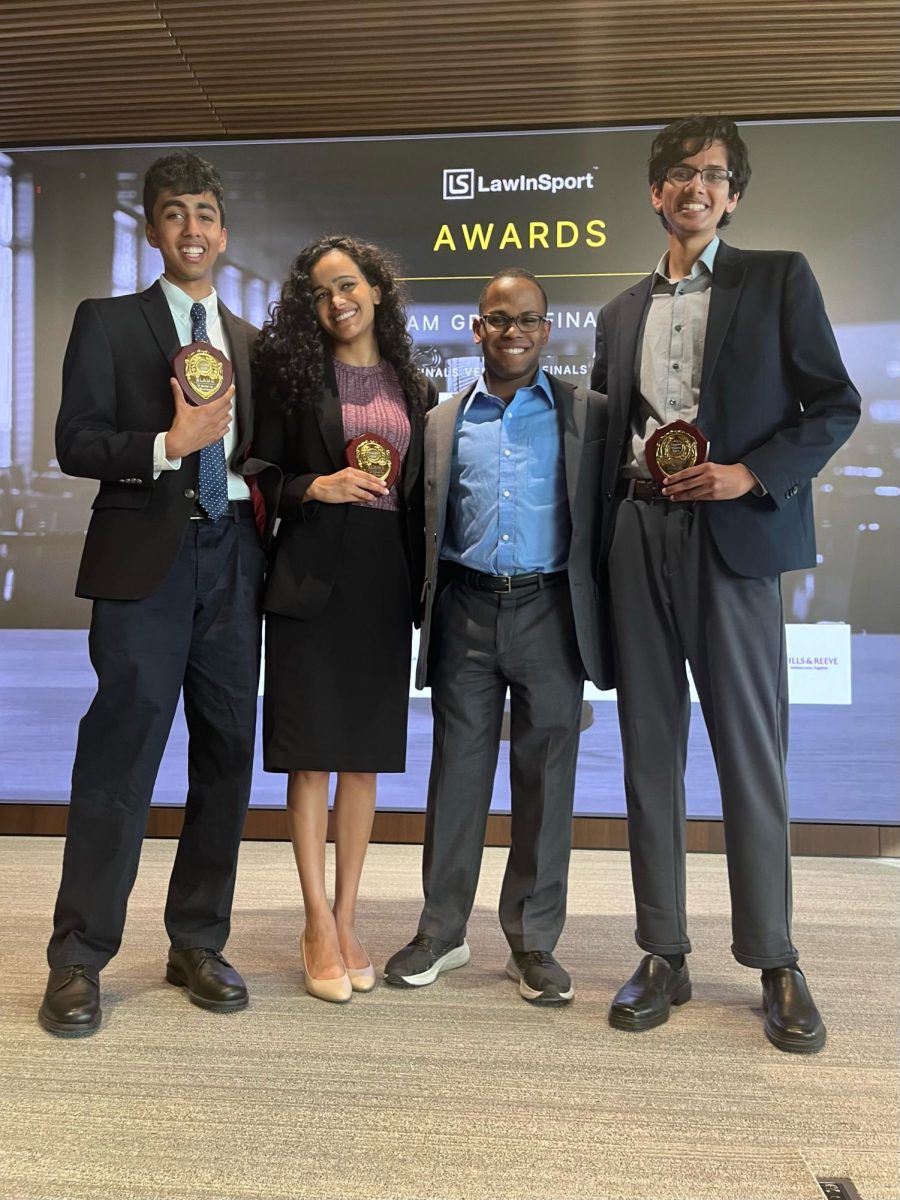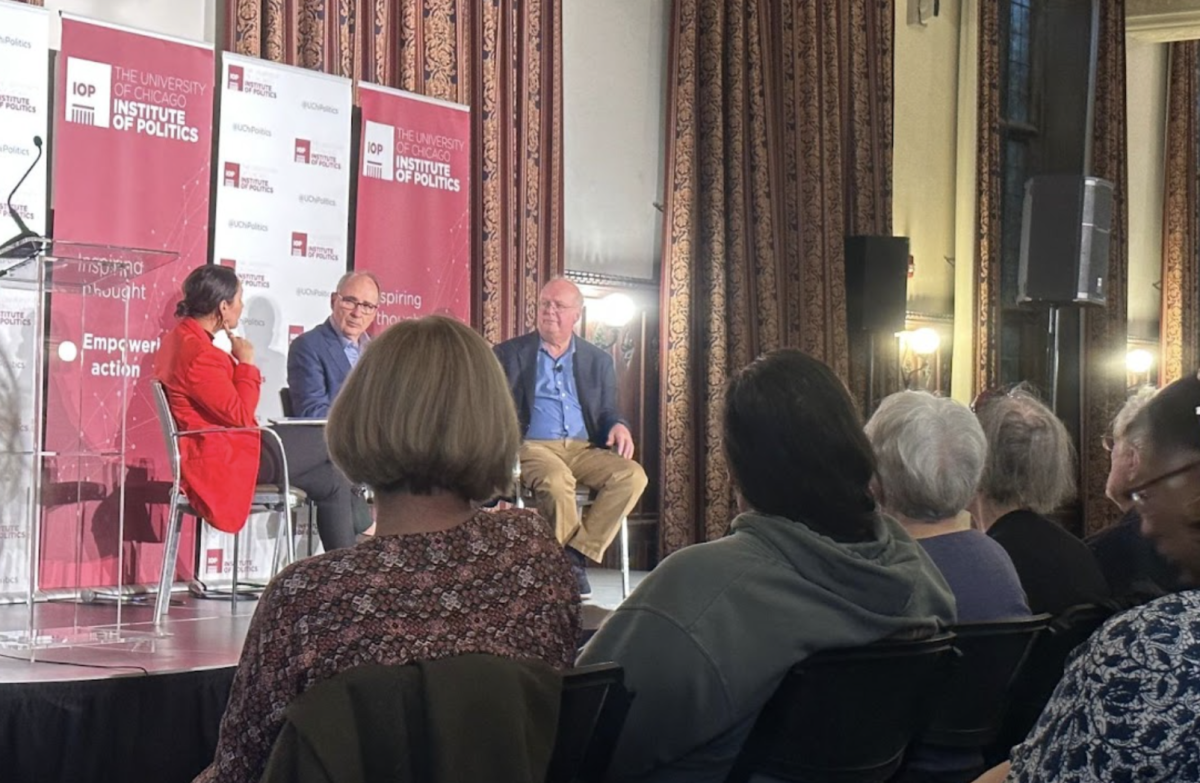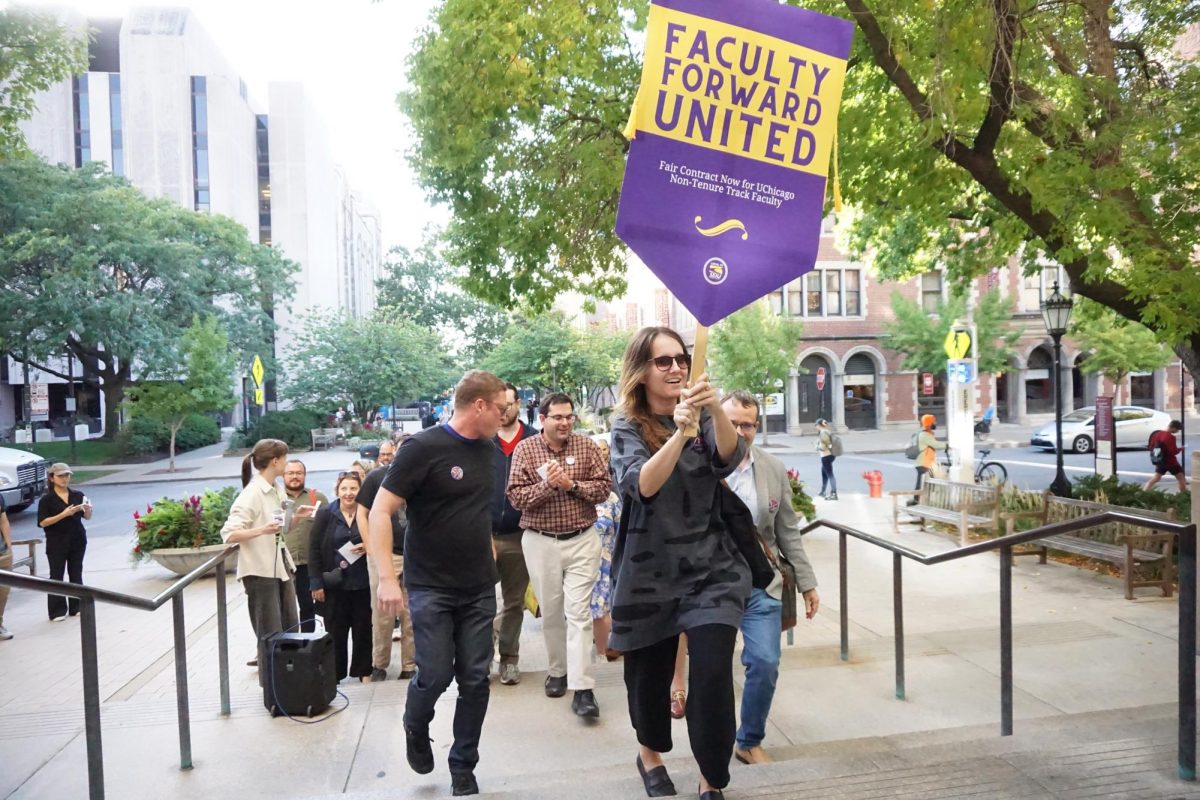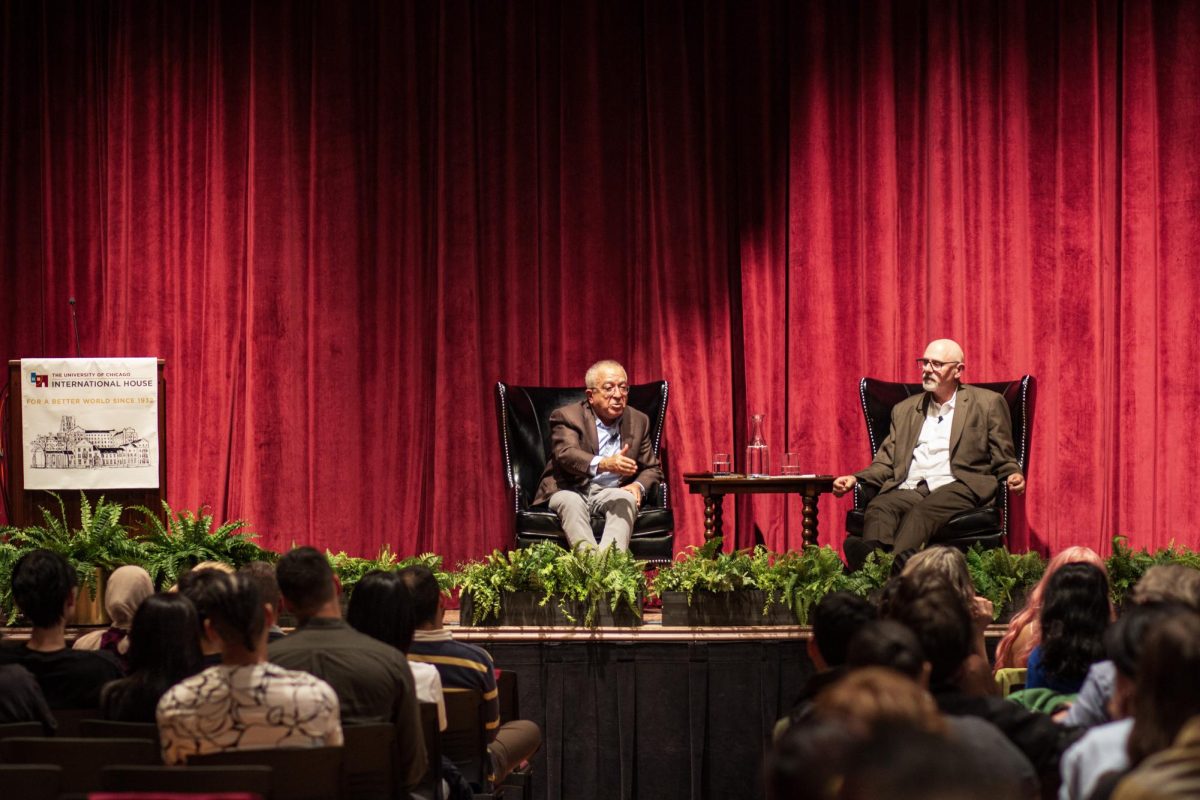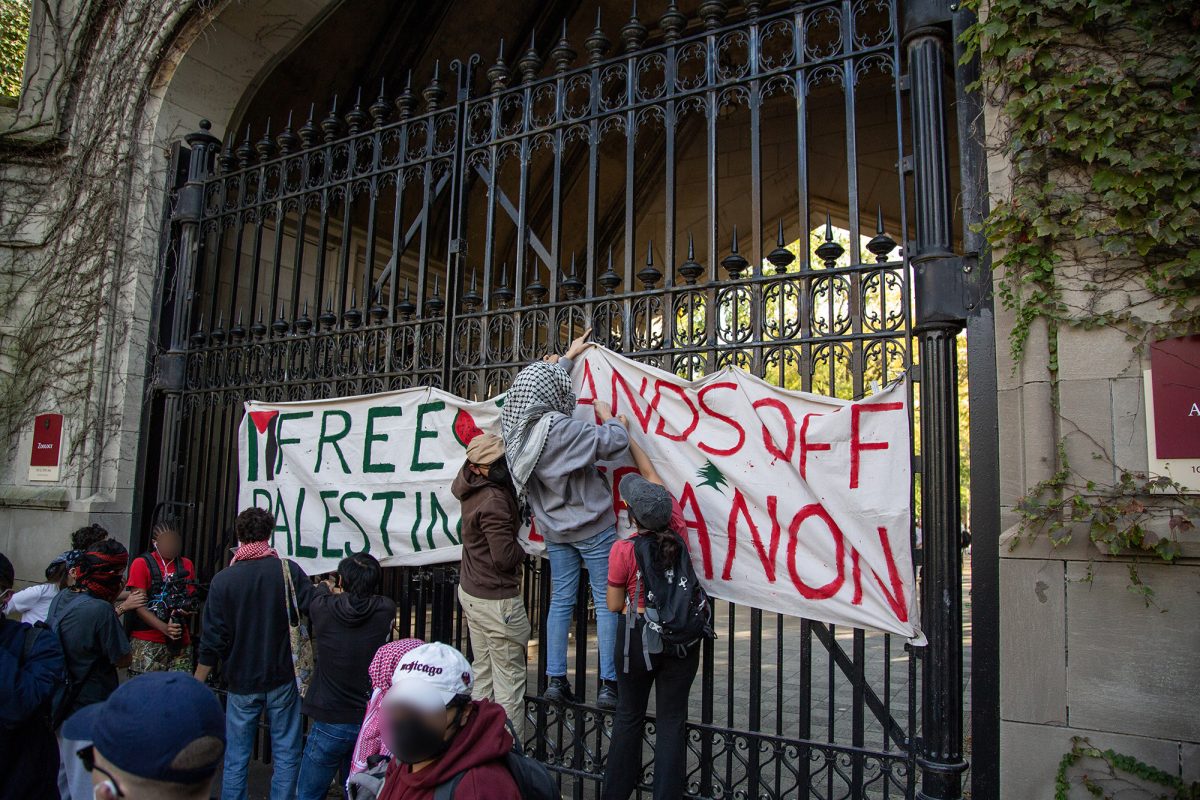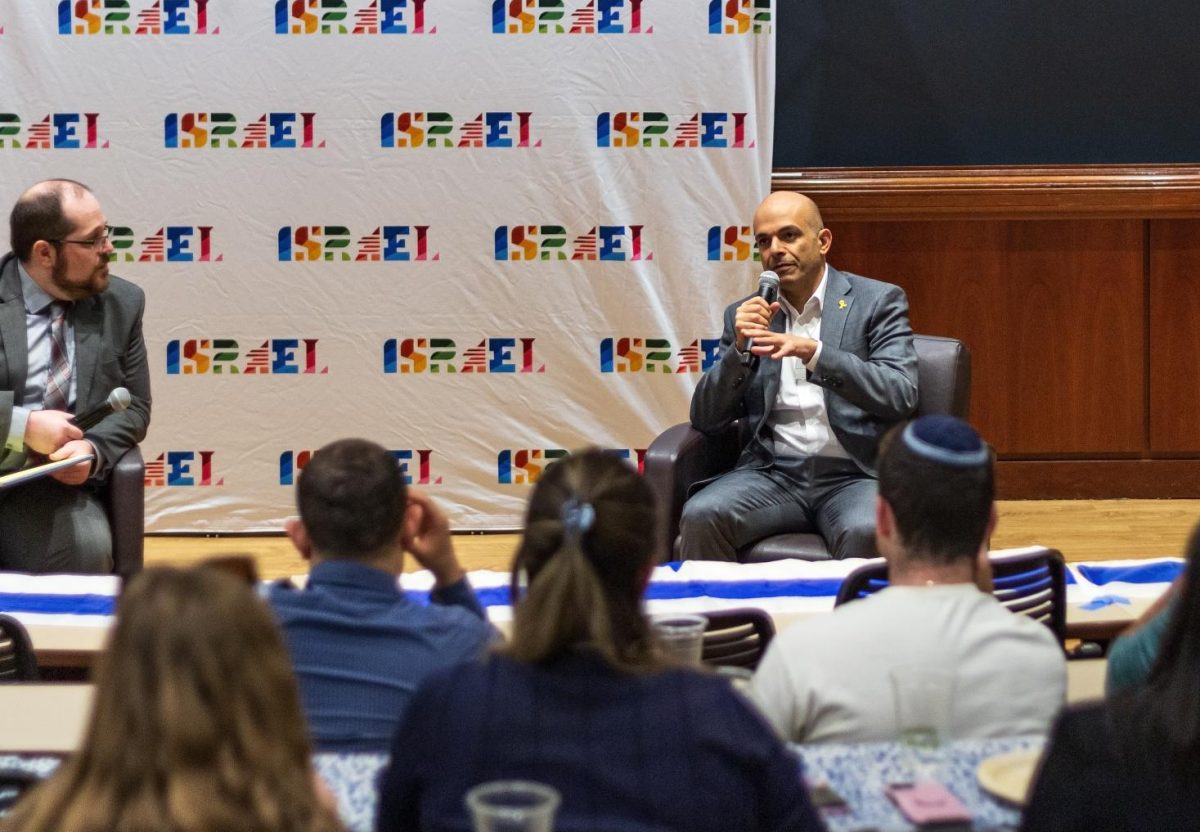After waiting in line for up to six hours, students flooded into Mandel Hall last night to see Billy Joel in the Major Activities Board-sponsored “Questions, Answers, and a Little Music.” The Piano Man, as Joel is known, gave a three-hour show filled with humor, anecdotes, and musical selections from both his pop repertoire and his new classical album.
After taking the stage and playing “Summer, Highland Falls,” Joel fielded questions from the audience, often digressing in his responses, which, according to him, mimicked his writing style. “I write like this too. I get real tangential,” Joel said.
The main topic of the session was Joel’s recent switch to composing classical music and his recent album, Fantasies and Delusions.
“Classical music was like the girl next door. Very sweet, very nice, but she didn’t turn me on. I was a young stupid guy and I didn’t appreciate her,” Joel said. “The rock and roll seductress came along. After 35 years of the affair, she didn’t look so good anymore. And the girl next door was now a hot babe.”
Joel also brought along Richard Joo, the pianist who plays the pieces on Joel’s new album. He explained that Joo, with more classical training, could play the music better than he could.
“When I’m playing it, I’m holding on for dear life trying to hit the right notes,” Joel said.
Joo played several of Joel’s classical pieces, including “Soliloquy,” “Reverie,” and duets with Joel on “Air” and “Sorbetto.”
Joel, however, didn’t just play classical songs; he ran through a few pop favorites as well — “Famous Last Words,” “And So It Goes,” and several parts of other songs to illustrate responses to the questions.
Joel, the son of a German musician, spoke of his introduction to the piano at a very young age. At his home in Levittown, New Yor, was an old piano on which he would hammer out “thunder and rain” melodies, hitting the very low and very high notes.
“After four years of little Billy’s storm song, my mom said ‘enough!’ and dragged me to Ms. Francis’ to take lessons,” Joel said. “But I still wanted to write my storm song, so I would start messing with Mozart. By the end of the week, I had this whole Mozart concerto.”
He also told of getting beaten up on the way to Ms. Francis’ lessons because she taught ballet in addition to piano. So in order to play the piano, he had to take boxing lessons to defend himself. It was all worth it, however, when the girls began to crowd around the piano.
“I played in a band one night at a church dance and Virginia Callahan [of “Only the Good Die Young” fame] was checking me out,” Joel said. “At the end of the night, the priest gave each of us $15. I thought, ‘you mean you get paid for this?’ That was it.”
Joel said that for almost all of his songs, the music came first and the lyrics followed, the one notable exception being “We Didn’t Start the Fire.” But after writing pop songs for over three decades, Joel simply stopped writing lyrics. It happened one day as he was writing a song for Alexa, his daughter, when he realized that the music was so expressive that it didn’t need words.
“I was still too damn literal. Now, I’m not so uncomfortable with the abstract,” Joel said.
When asked about his reception into the classical music community, Joel responded that it had been for the most part lukewarm, but he was happy that no one had said it was bad. Most critics have characterized his music as having many 19th-century influences, especially Chopin.
“Rock critics beat you up with a sledgehammer. Classical critics eviscerate you with a scalpel. I respect their knowledge, and I hope I can learn from them, but I still must ‘bite my teeth into the ass of life,'” Joel said, quoting the line from the movie Big Night that became his theme for the evening.
The alarm clock on the stage went off at 10:15, but Joel promptly threw it on the floor, smashing it into pieces. After fielding questions for close to three hours, however, Joel’s tour manager signaled for him to wrap it up. Joel ended the evening with “Piano Man,” the song that gave him his nickname.



